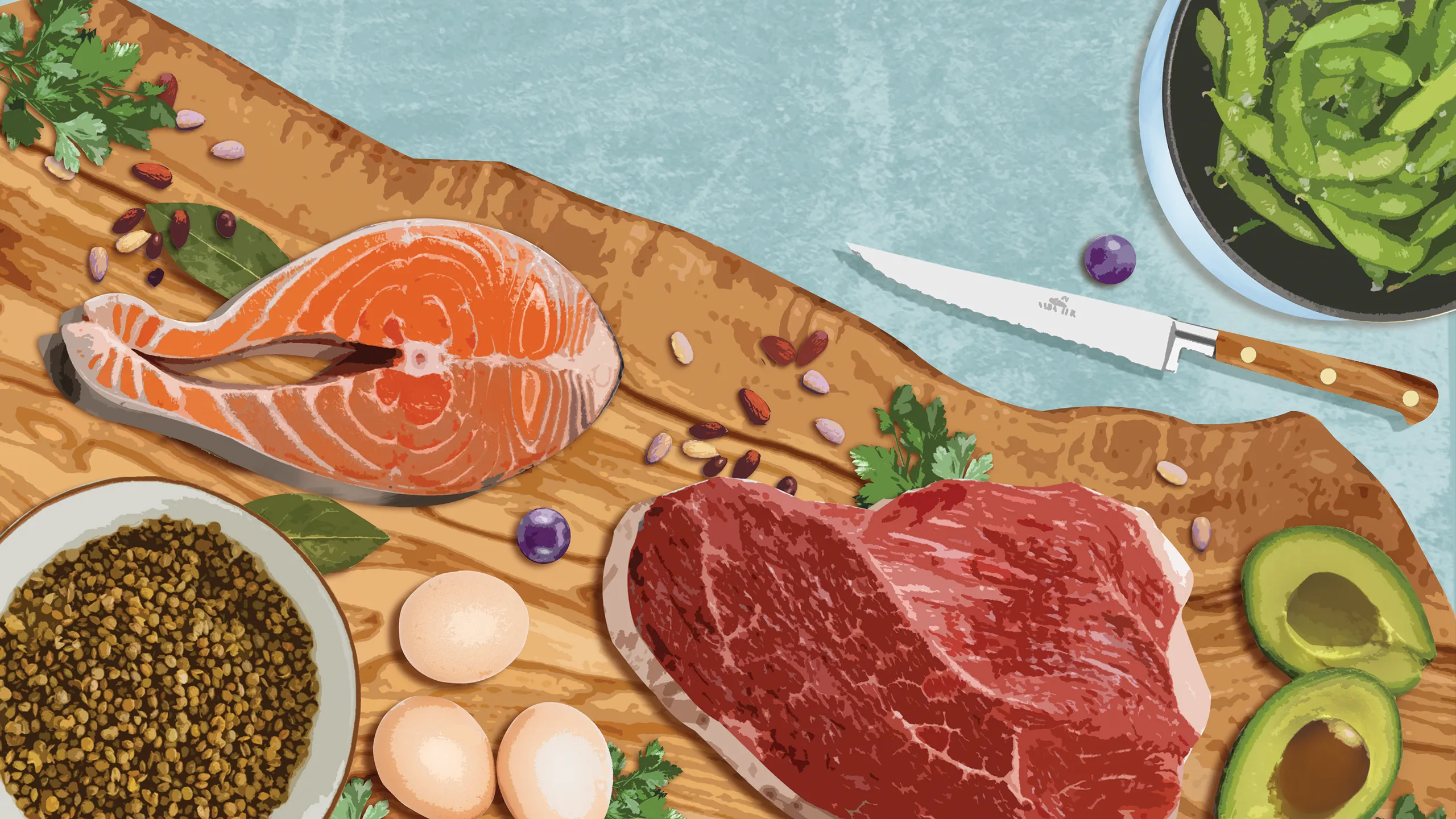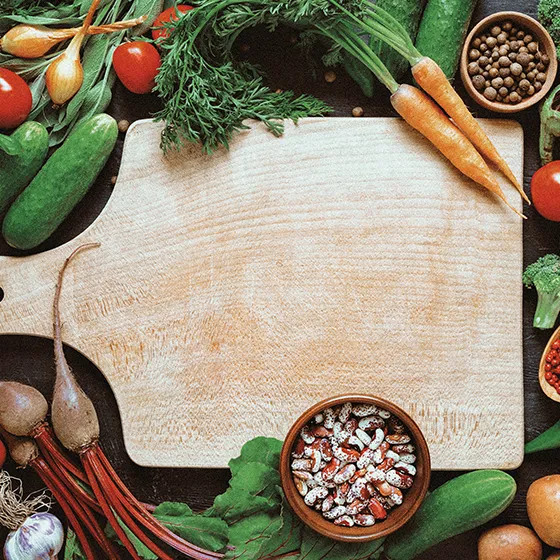There’s no denying protein is big news in the world of health and fitness. The latest research shows that, on average, men get 87.4g of protein per day while women get 66.6g per day. “But that’s over and above the recommended daily intake,” insists nutritionist Rob Hobson. “Why do people think more protein is better, when it will be eaten at the expense of other health-giving nutrients just as good for you, including fats and carbs?”
Protein plus points
Protein plays a vital role in the health maintenance of our bodies – and that’s not just muscle development either. Proteins are made up of 20 amino acids – 11 of which can be made by the body and nine that are classed as ‘essential’ as they need to be obtained from the diet.
“These are required to grow, repair, and produce muscle, bone, tendons, skin, enzymes, hormones and various other components with critical bodily functions,” adds Rob. But the surge in supplements and fixation with protein comes with a cautious caveat.
When protein goes bad
“The anabolic muscle response (growth and building) peaks after consuming 25-30g of protein,” explains Rob. “Exceeding that 25-30g of protein doesn’t have a significant effect.”
In short, there is no benefit to consuming more protein than is required. “It has been claimed that consuming more than 3g per kg per day of protein has adverse side effects, including kidney damage, increased blood lipoproteins (substances made of protein and fat that carry cholesterol around the body), and dehydration.”
Timing is also crucial to the effective use of protein, too. “Post-training intake is also ideal for boosting skeletal muscle and muscle reconditioning. So, consuming around 25g of protein post-training – and at regular intervals (every few hours) across the day is a more beneficial strategy than higher doses less often.”
Strike a balance
“The key here is quality and not just quantity,” insists Rob. “Everyone pretty much gets enough in their diet, but how good is the quality of the protein they are getting? Is it all coming from processed food? How is that impacting on their overall diet?
“Most athletes get more than enough protein, which is often at the expense of carbs in the diet – and this may not be benefi cial for those engaged in endurance or team sports, eating carbs with your protein is a sensible option for plant-based athletes especially.”
Plant proteins tend to be slightly lower than animal sources so for anything less than 20g, eating with carbs can help with its uptake. “This works because carbs cause the release of insulin which trigger protein to be directed to muscle cells to be taken up.”
Overall, Rob is keen for athletes and anyone else looking to protein as a magic or miracle meal ingredient to examine its more effective use – and the best sources of it – more closely.
“When choosing a food rich in protein, it’s essential to consider its source.” Rob suggests foods such as meat, poultry, fish, dairy, eggs and whole sources of soy (tofu, edamame beans, tempeh). “The protein in these foods is of high biological value and contains all essential amino acids that need to be gleaned from the diet.”
Protein for playing sports*
Rob’s advice for protein intake for athletes depending on type of sport
1.2-2.0G = STRENGTH/POWER ATHLETES
1.2-1.4G = ENDURANCE ATHLETES
1.0-1.2G = REGULAR PHYSICAL ACTIVITY
1.2-1.4G = TEAM SPORTS
*They are given as grams per kg of body weight per day




















